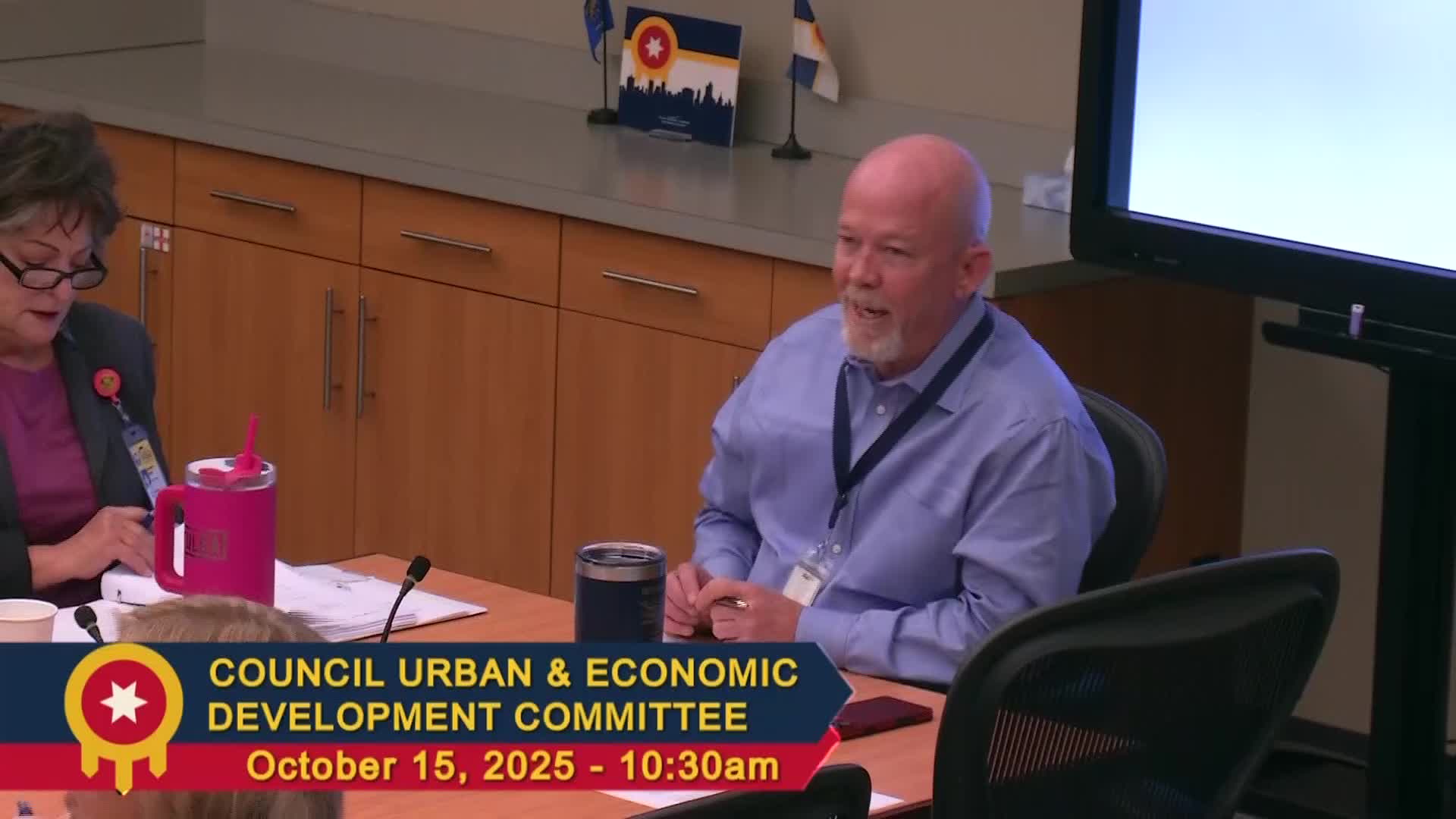Mayor’s Office Creates Office of Health and Well‑Being; Council Briefed on Private and Grant Funding
Get AI-powered insights, summaries, and transcripts
Subscribe
Summary
Senior advisor Dr. Jibran Pasha described a newly formed Office of Health and Well‑Being that will coordinate city mental-health efforts, oversee an existing federal children’s mental-health grant and pursue external funding. Councilors pressed for clear mission, KPIs and budget sustainability.
The mayor’s office outlined a new Office of Health and Well‑Being and the funding plan supporting it during an Oct. 15 council meeting. Dr. Jibran Pasha, senior advisor for community health in the mayor’s office, said the office will coordinate the city’s mental‑health work, administer the Tulsa Children’s Mental Health federal grant and convene health‑care stakeholders to seek collaborative strategies and additional funding.
Dr. Pasha told councilors the office manages a multi‑partner portfolio that includes a $4 million federal grant (the Tulsa Children’s Mental Health Grant) and is actively pursuing other grants and philanthropic support. He said the office’s initial staffing will include a director of programs to handle program compliance and grant writing; Dr. Pasha also said part of funding will support a change in his title to chief health officer.
At least one appropriation related to the mayor’s health work was on the agenda: an ordinance to accept $216,000 in grant revenue from the George Kaiser Family Foundation and Community Care Oklahoma for the Office of Health and Well‑Being. The ordinance was read into the record during the meeting; no council vote was recorded in the transcript excerpt.
Councilors repeatedly asked for a clear mission, measurable outcomes and information about long‑term sustainability. Several members said they want measurable KPIs tied to neighborhood health indicators and asked for a timeline showing how grant‑funded positions might transition — if ever — to general‑fund support. Dr. Pasha said the mayor’s office intends to fund the office through external grants and philanthropic contributions and that there is no plan to use general‑fund dollars for ongoing operations.
Dr. Pasha described a sweeping application the city has submitted for a separate, large TSET grant (if awarded, he said, it would fund multiple capital and clinical items and partner investments). He reiterated that the new office’s role is not to deliver direct clinical services (that remains the Tulsa City‑County Health Department’s responsibility) but to convene partners, align resources and measure outcomes via tools such as the neighborhood conditions index.
Councilors asked for a mission/vision statement, planned KPIs, and a schedule for follow‑up reporting to the council so elected officials can judge outcomes and fiscal risk as the office expands.
